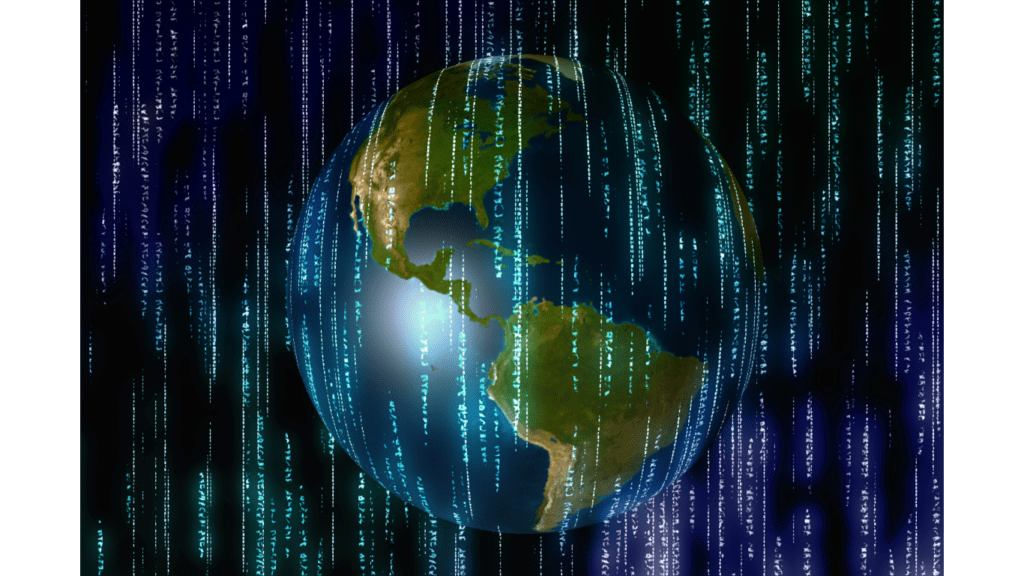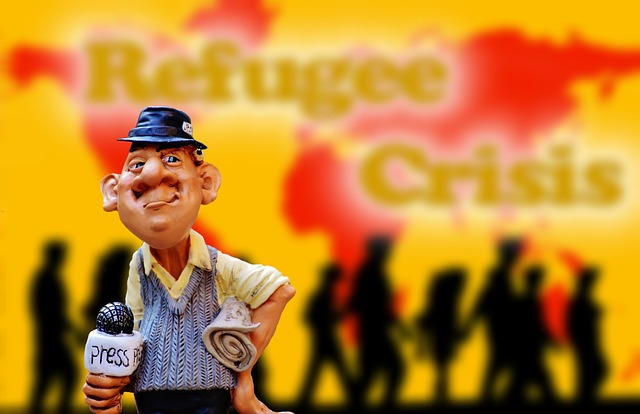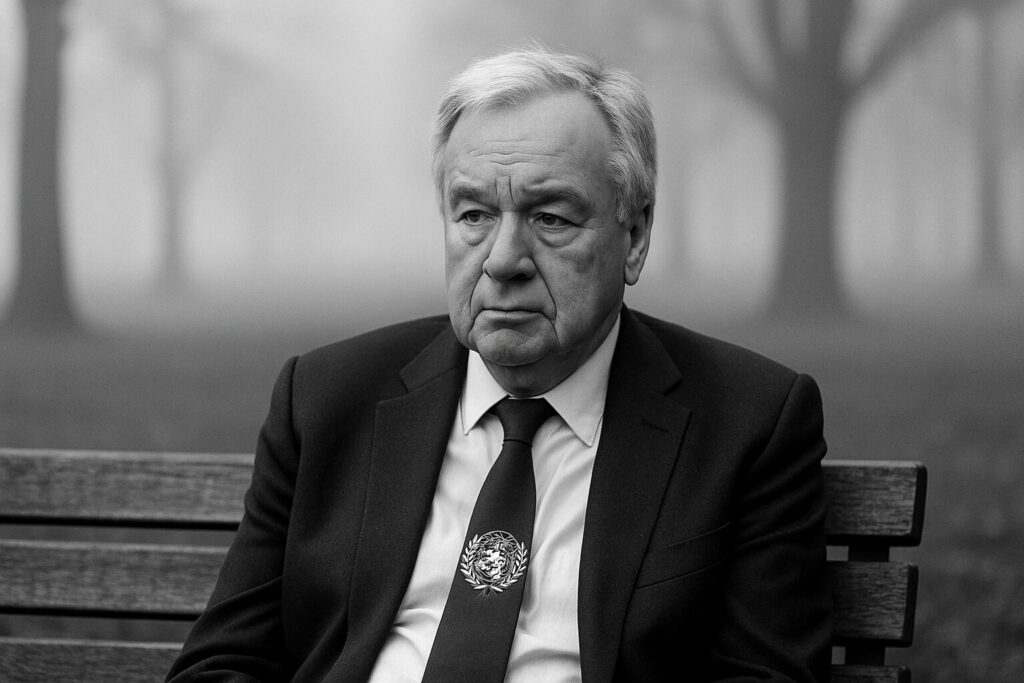Analyzing the Rise in Geopolitical Tensions
The Driving Forces Behind Increasing Conflicts
In examining the surge in geopolitical tensions, it’s crucial to identify the key drivers behind the escalating conflicts. Strategic competition for resources, geopolitical influence, and territorial control among nations are primary catalysts fuelling these tensions. As countries vie for dominance on the global stage, conflicting interests often lead to confrontations and power struggles, amplifying the risk of regional conflicts.Major Power Struggles Defining Today’s Politics
- Today’s geopolitical landscape is characterized by major power struggles that shape international relations and influence global dynamics. Superpower rivalries, such as the ongoing competition between the United States and China for economic and strategic supremacy, significantly impact world politics. Additionally, regional hegemonic ambitions and alliances further complicate the existing power structures, creating a complex web of power struggles that define contemporary geopolitics. Understanding these major power dynamics is essential to grasp the complexities of today’s political landscape and navigate through the challenges posed by escalating tensions.
The Impact of Regional Conflicts
- As an expert in geopolitical analysis, I understand the significance of regional conflicts and their wide-ranging repercussions. Let’s delve into the impact of these conflicts under the following subheadings.
Economic Ramifications of Regional Instability
- In regional conflicts, economic stability is often one of the first casualties. Disruptions in trade routes, investment uncertainty, and resource exploitation hinder economic growth and development. The economies of countries involved in conflicts suffer, impacting not only their own citizens but also the global economic landscape. For instance, prolonged conflicts in regions rich in natural resources can lead to fluctuations in commodity prices, affecting industries worldwide.
Humanitarian Consequences of Prolonged Conflicts
- Prolonged conflicts have devastating humanitarian consequences, often resulting in displacement, food insecurity, and human rights violations. Civilians bear the brunt of violence, facing trauma, injuries, and loss of livelihoods. Access to essential services such as healthcare and education is severely compromised in conflict zones, exacerbating the suffering of vulnerable populations. Humanitarian organizations face immense challenges in providing aid amidst the chaos of conflict, further underscoring the urgent need for resolution and peacebuilding efforts.
Key Regions of Interest

1. The Middle East: A Perpetual Battlefield
In the Middle East, geopolitical tensions have long made it a focal point of global concern. With ongoing conflicts in countries like Syria, Yemen, and Iraq, the region remains a complex web of political, religious, and ethnic divisions. Tensions between Saudi Arabia and Iran further exacerbate the situation, fueling proxy wars and instability. Understanding the intricate dynamics and historical context of these conflicts is essential in grasping the complexities of the Middle East’s geopolitical landscape.2. Tensions in the South China Sea
The South China Sea is a hotbed of geopolitical tensions due to competing territorial claims and strategic interests. China’s expansive claims in the region, overlapping with those of neighboring countries like Vietnam, the Philippines, and Malaysia, have led to disputes over control of key maritime routes and resources. The presence of major powers like the United States further complicates the situation, with naval patrols and military exercises adding to the region’s volatility. Navigating these tensions requires a nuanced understanding of maritime law and regional geopolitics.3. Russia’s Geopolitical Ambitions and Neighboring Tensions
Russia’s geopolitical ambitions have raised concerns among its neighbors and the international community. The annexation of Crimea in 2014 and ongoing involvement in Ukraine highlight Russia’s assertive posture in its near abroad. Tensions with NATO and Baltic states have further strained relations, prompting military build-ups and diplomatic standoffs. Analyzing Russia’s strategic interests, historical grievances, and security concerns is vital in assessing the impact of its actions on regional stability and global geopolitics.Power Dynamics and Alliances
Shifting Alliances in Global Politics
- Exploring the landscape of global affairs, I observe the ever-evolving nature of alliances among nations. Adapting to changing geopolitical climates, countries forge new partnerships and reassess existing ones to safeguard their interests. The intricate dance of diplomacy and strategic alliances shapes the balance of power on the international stage. Understanding these shifts is paramount in comprehending the complex web of relationships that define modern geopolitics.
The Role of International Organizations in Mediating Conflicts
- Looking at the broader picture of conflict resolution, I find that international organizations play a pivotal role in mediating disputes and fostering peace. Institutions like the United Nations, the European Union, and regional bodies serve as forums for dialogue and negotiation, seeking diplomatic solutions to regional conflicts. Their efforts in conflict prevention, peacekeeping, and humanitarian aid contribute significantly to mitigating tensions and promoting stability in volatile regions. Emphasizing multilateral cooperation, these organizations strive to uphold international law and principles, laying the groundwork for peaceful coexistence among nations.
The Role of Information Warfare
Cyber Tactics in Modern Conflicts
- Exploring cyber tactics in modern conflicts reveals a sophisticated landscape where information is a powerful weapon. Cyberattacks, ranging from espionage to disruption of infrastructure, are increasingly prevalent tools used by state and non-state actors. The strategic use of technology allows for covert operations that can destabilize regions without direct military confrontation. Cyber warfare is a key component of hybrid warfare strategies, blurring the lines between physical and virtual battlegrounds. Understanding the nuances of cyber tactics is essential in navigating the complexities of modern conflicts.
Propaganda and Public Opinion in Geopolitical Struggles
- Propaganda plays a pivotal role in shaping public opinion and influencing narratives in geopolitical struggles. State and non-state actors leverage various channels, including social media, traditional media, and disinformation campaigns, to sway perceptions and manipulate information. By controlling the flow of information, entities can construct favorable narratives, create divisions, and undermine trust in institutions. The dissemination of propaganda contributes to the amplification of tensions and exacerbates conflicts by fueling misconceptions and biases. Analyzing the impact of propaganda is crucial in understanding the dynamics of regional conflicts and power struggles.
Future Predictions and Preventative Measures
Anticipating Changes in Global Power Hierarchies
- Analyzing current trends in global politics, it’s evident that the landscape of power dynamics is continuously shifting. With emerging powers like China vying for influence against established giants like the United States, a restructuring of global power hierarchies seems inevitable. As I evaluate the geopolitical chessboard, I foresee a gradual but significant redistribution of power among nations, leading to a more multipolar world order. This transition may bring about increased competition, cooperation, and potential conflicts as states adapt to evolving power structures.
Strategies to De-escalate Rising Geopolitical Tensions
- Considering the escalating tensions in various regions worldwide, it’s imperative to explore strategies aimed at diffusing potential conflicts and fostering stability. Diplomacy and dialogue must take precedence in resolving disputes, with a focus on de-escalation to prevent the escalation of conflicts into full-blown crises. Confidence-building measures, transparency in communication, and the promotion of mutual understanding are essential steps to mitigate tensions and build a foundation for peaceful coexistence. Additionally, investing in conflict prevention mechanisms, such as early warning systems and crisis management frameworks, can help preemptively address emerging threats and prevent the eruption of violent conflicts. By prioritizing preventive measures and proactive diplomacy, nations can work towards de-escalating tensions and promoting sustainable peace.

 Paulina Evansonic is a visionary journalist and media entrepreneur who founded Whisper Wagon Wire, a leading platform renowned for its exclusive insights into top stories, world news, science, technology, and home trends. With a passion for uncovering the truth and a keen eye for detail, Paulina has dedicated her career to providing readers with in-depth, accurate, and engaging content.
Paulina's journey in the media industry began with a strong academic background in journalism and communication. Her early career was marked by her work as a reporter and editor for various prestigious publications, where she honed her skills and developed a reputation for her investigative prowess and commitment to quality reporting.
Driven by a desire to create a more holistic and accessible news source, Paulina launched Whisper Wagon Wire. Under her leadership, the platform has grown to become a trusted name in journalism, known for its balanced reporting and insightful analysis. Paulina's innovative approach has not only elevated the standards of news media but also inspired a new generation of journalists to pursue excellence in their work.
Through Whisper Wagon Wire, Paulina continues to influence the media landscape, ensuring that readers stay informed about the most important developments around the world. Her dedication to truth and transparency remains at the core of her mission, making her a respected and influential figure in the field of journalism.
Paulina Evansonic is a visionary journalist and media entrepreneur who founded Whisper Wagon Wire, a leading platform renowned for its exclusive insights into top stories, world news, science, technology, and home trends. With a passion for uncovering the truth and a keen eye for detail, Paulina has dedicated her career to providing readers with in-depth, accurate, and engaging content.
Paulina's journey in the media industry began with a strong academic background in journalism and communication. Her early career was marked by her work as a reporter and editor for various prestigious publications, where she honed her skills and developed a reputation for her investigative prowess and commitment to quality reporting.
Driven by a desire to create a more holistic and accessible news source, Paulina launched Whisper Wagon Wire. Under her leadership, the platform has grown to become a trusted name in journalism, known for its balanced reporting and insightful analysis. Paulina's innovative approach has not only elevated the standards of news media but also inspired a new generation of journalists to pursue excellence in their work.
Through Whisper Wagon Wire, Paulina continues to influence the media landscape, ensuring that readers stay informed about the most important developments around the world. Her dedication to truth and transparency remains at the core of her mission, making her a respected and influential figure in the field of journalism.
